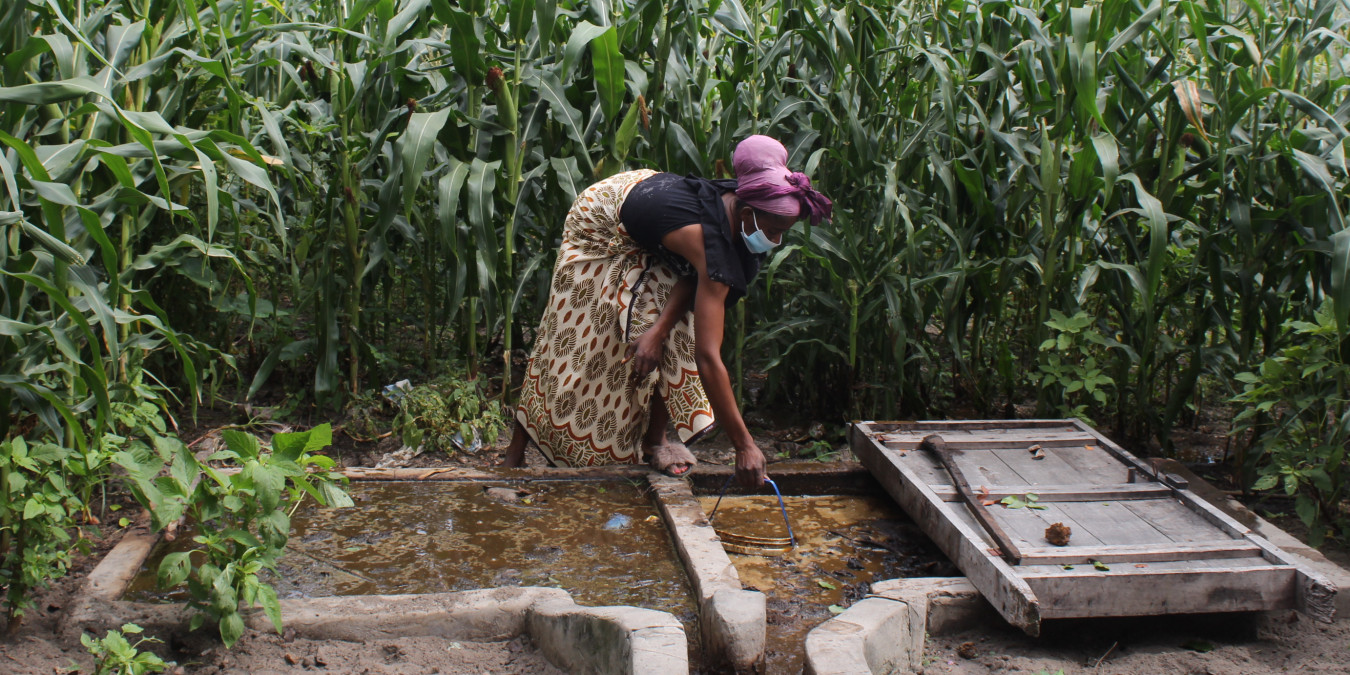Access to Clean, Renewable Energy is a right for all
Published: Aug 7, 2023 Reading time: 3 minutes Share: Share an articleEnergy is used daily for cooking, heating, lighting, and moving. Yet more than 700 million people worldwide still have no access to it.

According to the 2022 Energy progress report, COVID-19 Pandemic has been a key factor in stunting global access to energy. It is estimated that by 2023, only 92% of the world will reach electrification status. While 70 million people globally have gained access to clean cooking fuels and technologies, this progress is insufficient to keep pace with population growth, particularly in Sub-Saharan Africa.
In Zambia, about 31% of the population has access to energy, with 67% of this being in urban areas and only the 5% in rural areas. Furthermore, only approximately 16% of the population can cook cleanly and safely. Harmful cooking practices go hand-in-hand with dramatic threats to the environment such as charcoal production, pollution, and deforestation.
Advocating for more inclusive and sustainable access to energy is our responsibility. People in Need Zambia and our local partners, Keepers Zambia Foundation and People's Process on Housing and Poverty in Zambia commissioned a study to analyse policies and coping strategies related to energy poverty.
The study was launched in Lusaka on 30th May, with representatives from the Ministry of Green Economy and Environment and the Rural Electrification Authority.
With our local partners and the Czech University of Life Sciences, we have implemented a project to promote biogas technology for farmers in Western Province of Zambia; through this program, 140 biogas plants will be constructed by 2024, which not only address the issue of cleaner cooking but also tackle the challenges of procuring fertiliser (the slurry produced by the digestion of animal waste is highly nutritious for crops) and time-consuming work. Households obtain a healthier environment when biogas and other cooking alternatives are promoted; they have more time to focus on other activities rather than fetching coal or wood. This saved time is especially meaningful for women and girls—who often bear the brunt of fuel collection— as it allows them to spend time on other activities.
The project, funded by the Czech Development Agency, is part of multiple efforts in Zambia to promote clean energy sources and cleaner cooking.
We will continue promoting climate resilience in our programs and joining the efforts towards alternative, off-grid solutions for the population. Such interventions as the biogas project and its implementation in Western Zambia have great potential for scale. We shall continue advocating for a framework in which biogas can fall as part of the solutions for tackling energy poverty and insecurity. Leaving no one behind.
By 2030, the Zambian Government (Eight National Development Plan) aims to enhance clean and renewable energy production and increase energy efficiency. To do so, in the next 6 years, Zambia must increase investments in promoting renewable energy and enhance the policy framework around access to energy, energy security and clean cooking solutions. Not only that, a significant move toward behaviour change whereby the population (especially in rural areas) move from charcoal and firewood to alternative fuels for cooking and heating is essential.



